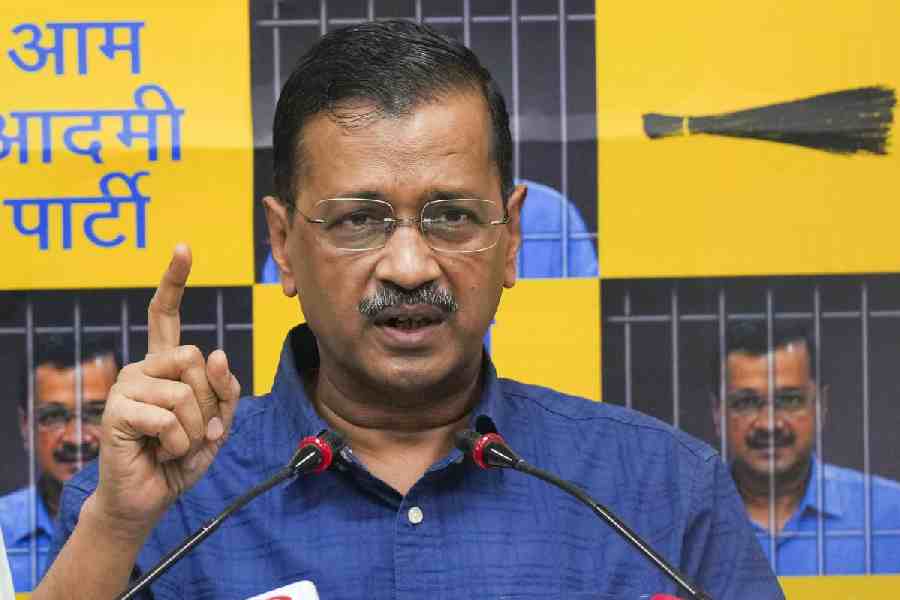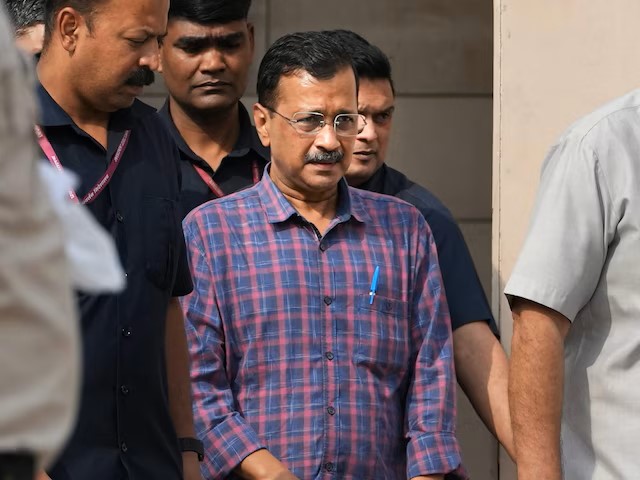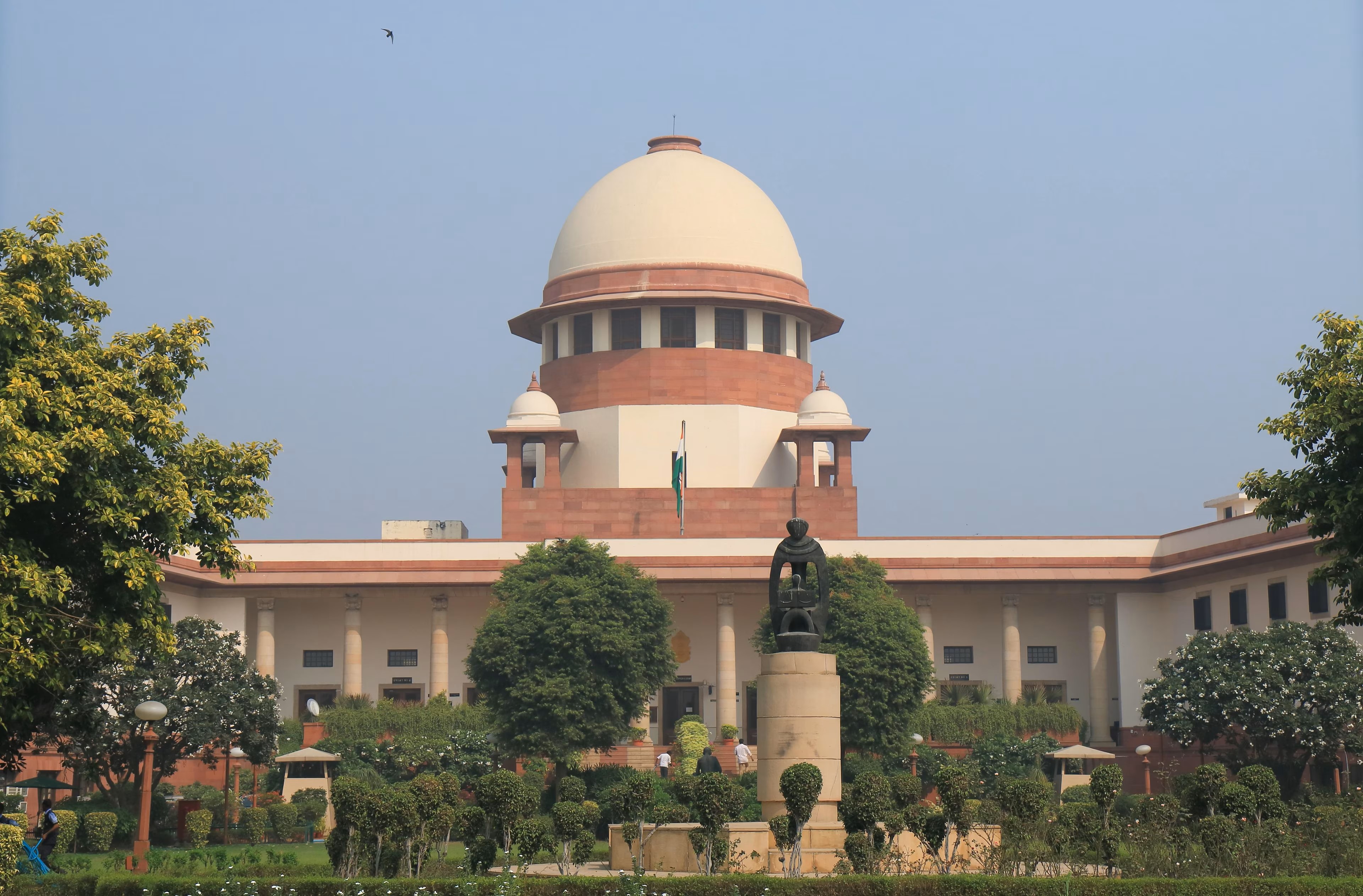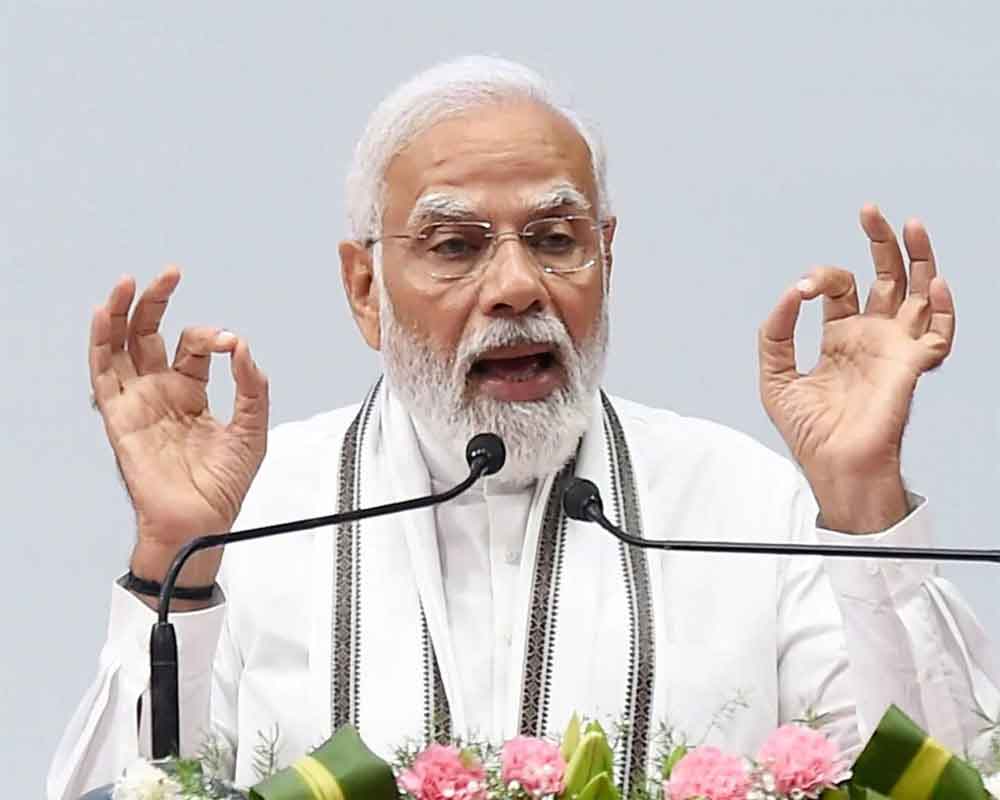Delhi Chief Minister Arvind Kejriwal was arrested by the Central Bureau of Investigation (CBI) on June 26 in connection with the 2021-22 excise policy case. On Saturday, a Delhi court ordered that he be placed in judicial custody for 14 days, until July 12, due to allegations of corruption related to the policy.
 Following his arrest, Kejriwal was initially held in CBI custody for three days. At the time of this arrest, he was already in judicial custody concerning a money laundering case linked to the same excise policy scam under investigation by the Enforcement Directorate (ED).
Following his arrest, Kejriwal was initially held in CBI custody for three days. At the time of this arrest, he was already in judicial custody concerning a money laundering case linked to the same excise policy scam under investigation by the Enforcement Directorate (ED).
During the court hearing, Senior Advocate Vikram Chaudhary, representing Kejriwal, argued that the investigation had been ongoing since 2022. He noted that Kejriwal was first arrested in March 2024 and later granted interim bail by the Supreme Court. Chaudhary requested that the CBI present all evidence and materials in court, emphasizing the need for transparency and accountability in the investigation.
The CBI has so far filed four charge sheets against 17 individuals, including prominent figures like Manish Sisodia and Bharat Rashtra Samithi (BRS) leader K Kavitha. Although Kejriwal has not been named in these indictments, the CBI claims that out of ₹100 crore allegedly received by the Aam Aadmi Party (AAP) as kickbacks, ₹44.45 crore was funneled to Goa through ‘hawala channels’ for election campaigns between June 2021 and January 2022.




